South Korea and the United States reached the agreement during the first Dialogue on Critical and Emerging Technologies held at the Presidential Office in Seoul.
 |
| South Korean Industry Minister Lee Chang-yang (2nd from left) poses for a photo with officials from Doosan, NuScale Power and the Export-Import Bank during a clean energy and advanced industry cooperation event in Washington, April 25, 2023. (Source: Yonhap) |
South Korea and the United States agreed on December 9 to strengthen cooperation in next-generation technologies, such as biology, artificial intelligence (AI), semiconductors, battery technology and energy.
According to the South Korean Presidential Office, the two sides reached the above agreement during the first Dialogue on Important and Emerging Technologies between the two countries held at the Presidential Office in Seoul.
During the dialogue co-chaired by South Korean National Security Adviser Cho Tae-yong and his US counterpart Jake Sullivan, both countries decided to seek ways to promote cooperation between semiconductor technology centers that the two governments are pushing to establish.
The two sides also pledged to expand opportunities to support joint research projects between the Korean Ministry of Science and ICT and the US National Science Foundation. In the field of biology, the two countries will invest at least US$10 million to support research cooperation between the two sides.
The battery and clean energy sectors will see expanded research and development cooperation between the two countries' state-level research institutions in developing next-generation batteries, the presidential office said. Washington will cooperate with Seoul in several international AI-related conferences it will host next year, including a virtual mini-summit on AI safety, a global AI forum, and the REAIM 2023 summit on responsible use of AI in military applications.
The two countries also plan to cooperate in building information and communications technology infrastructure in third countries, such as Southeast Asian countries.
Source


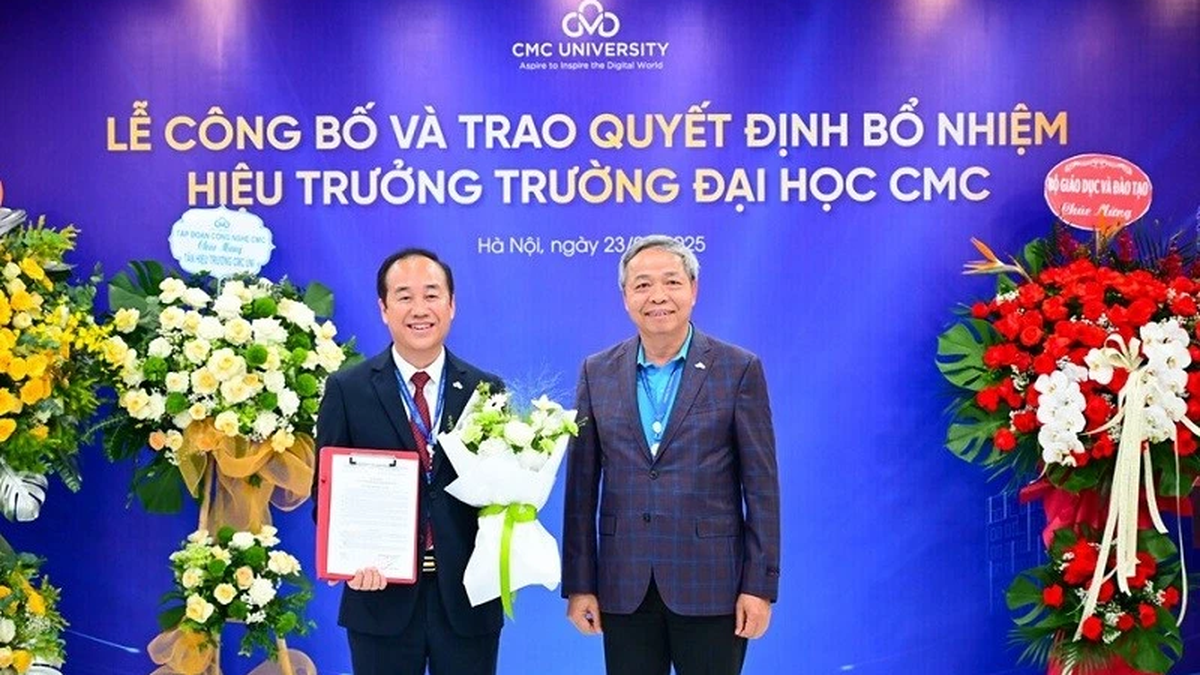



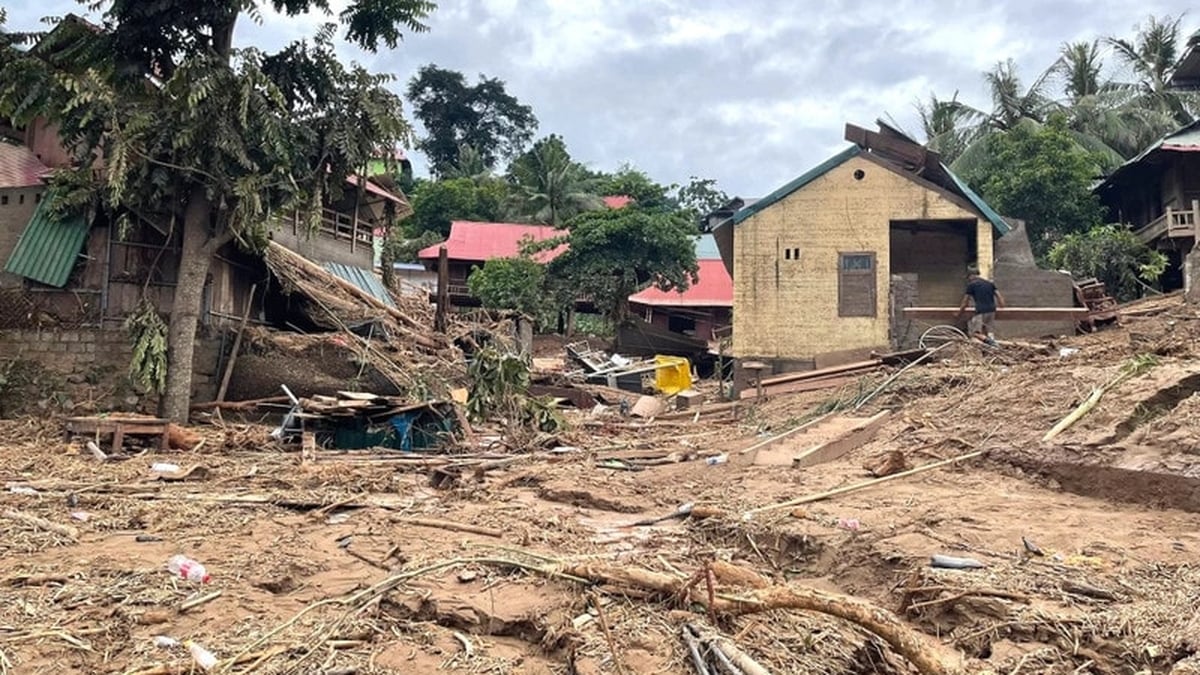


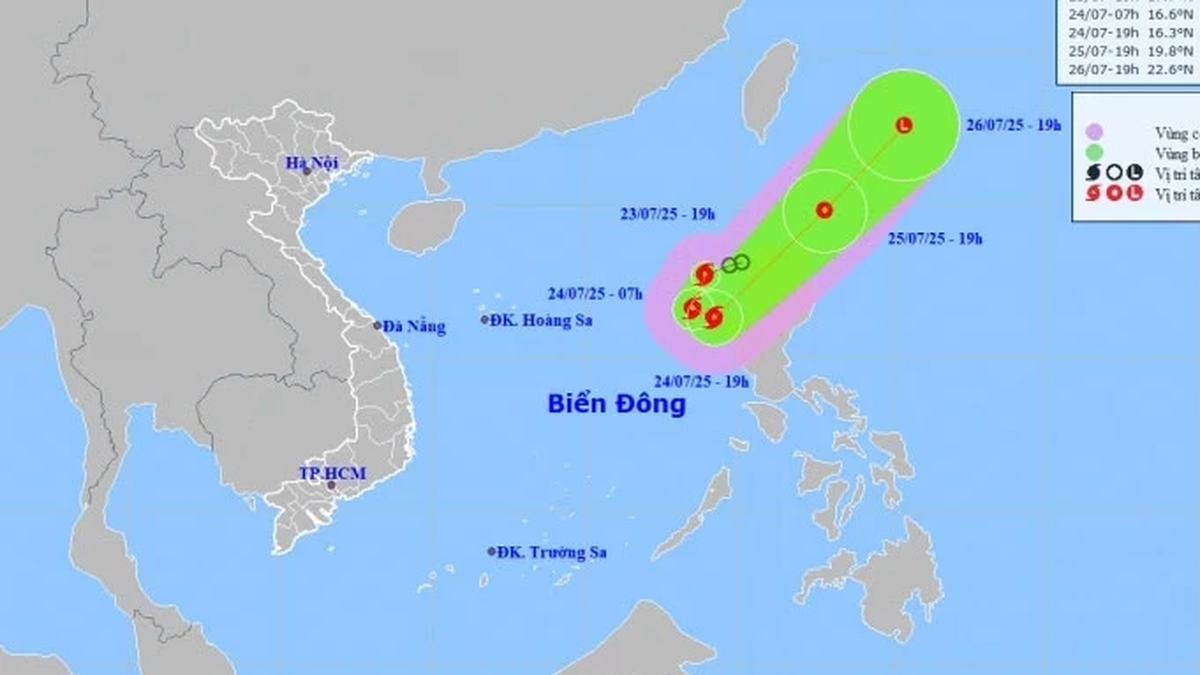

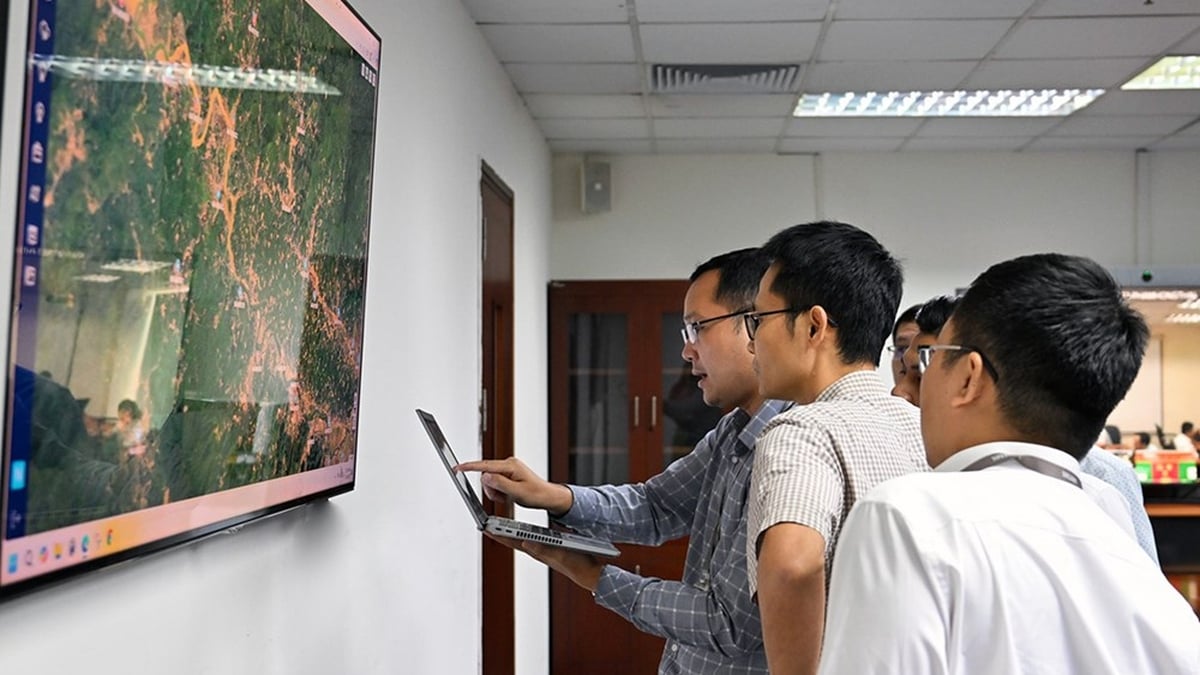


















![[Infographic] Vietnam-Senegal traditional friendship](https://vphoto.vietnam.vn/thumb/1200x675/vietnam/resource/IMAGE/2025/7/23/4c96a604979345adb452af1d439d457b)



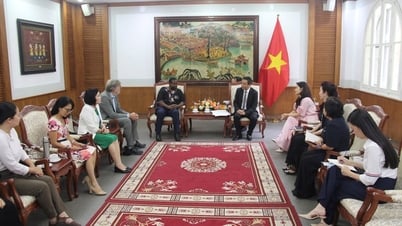


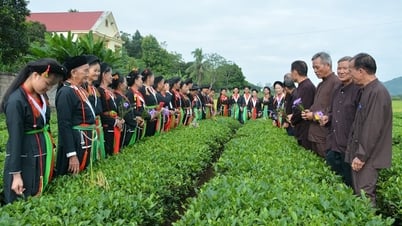

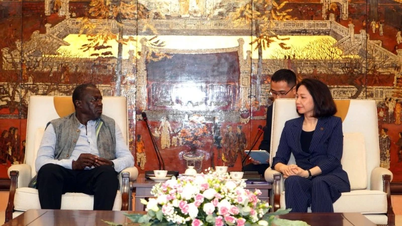










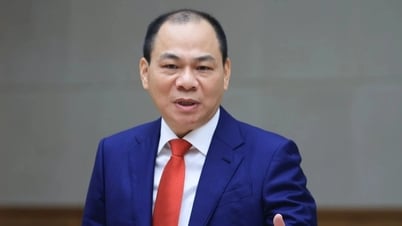



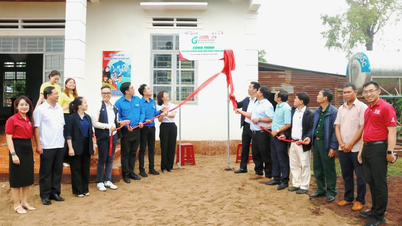

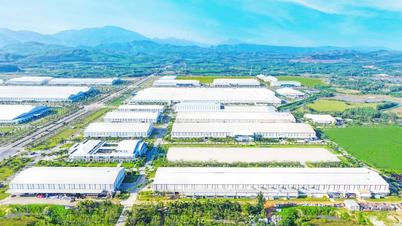
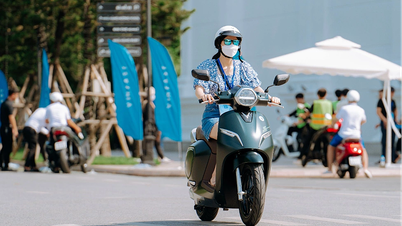



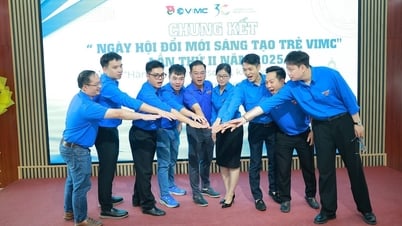
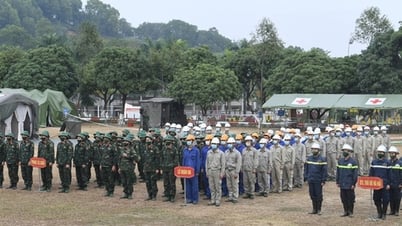





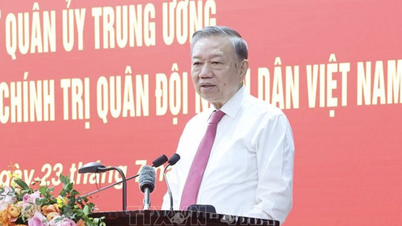

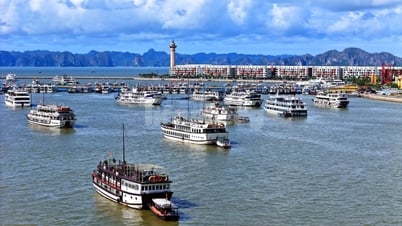



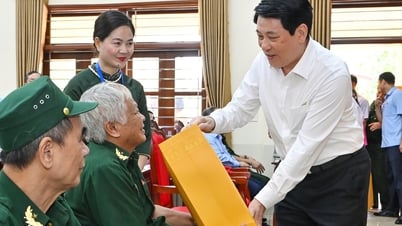

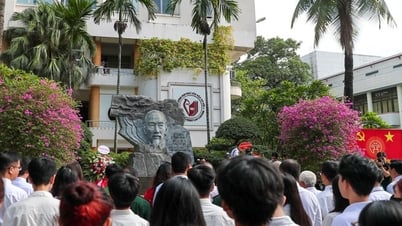

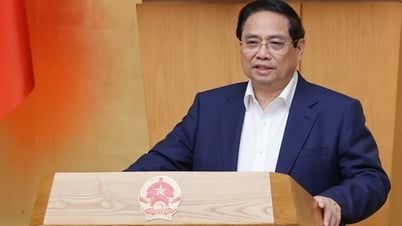
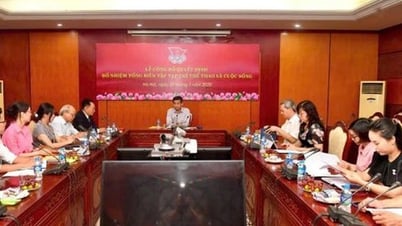









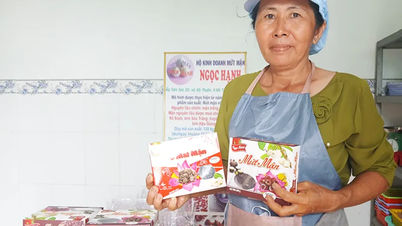















Comment (0)